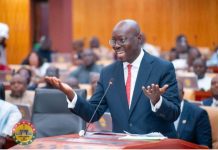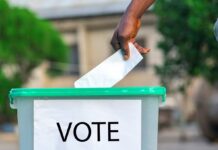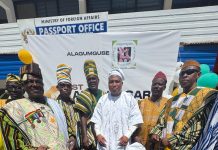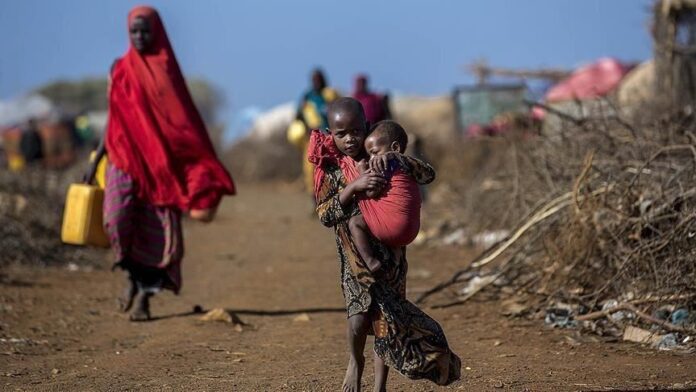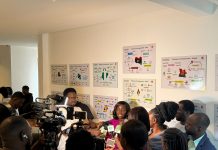SAL, Cape Verde, December 6, 2021/ — Participants at the 2021 African Economic Conference have urged countries to implement crucial governance and economic reforms to see the continent through a historic crisis brought on by the Covid-19 pandemic.
The conference brought together leading thinkers, development specialists, and policymakers virtually and in Sal, Carbo Verde, to present their latest research on the challenges facing the continent, including mounting debt and an unrelenting health crisis.
“The next few years are critical for our continent…The richness that Africa has and the capacity it has doesn’t deserve to have people living in such poverty. We need to make the right decisions to fight extreme poverty,” said Cabo Verde Deputy Prime Minister, Olavo Correia, at the closing ceremony of the three-day hybrid event on Saturday.
Researchers at the conference identified three critical areas that need attention: human capital, institutions, and infrastructure, highlighting the critical role of the private sector role in each. Meanwhile, they shared their latest findings (https://bit.ly/3puRY3W) on the continent’s financial systems and called for reforms (https://bit.ly/3xZ6Hb4) and greater capital market and monetary integration.
The theme of this year’s African Economic Conference is “Financing Africa’s post-Covid-19 development.” Cabo Verde President José Maria Neves began the conference with an urgent call for universal vaccine access (https://bit.ly/31ANFM4) to curb the spread of the coronavirus, shortly after news had emerged of the Omicron variant.
The new variant indicates that “we are not out of the woods yet,” said Eric Ogunleye, Advisor to the Chief Economist of the African Development Bank. “Thus, there is an even stronger need to close the huge financing gap for the continent to build back bolder, bigger, better, and sustainably,” he told the conference on Saturday.
According to economic experts speaking during the third day of the conference, many African countries face the risk of defaulting if the G20’s Debt Service Suspension Initiative is not extended beyond this year. The bigger risk is that countries will fail to borrow and service their debts as they reach the 70-75% debt ratio, said Dr Falilou Fall, Deputy Head of the Country Studies Division at the Organisation for Economic Co-operation and Development (OECD).
Bartholomew Armah, Director of the Macroeconomic and Governance Division at the Economic Commission for Africa, advocated for new strategies for financing Africa’s Covid-19 pandemic recovery, including domestic resources, and a rethink of the global financing architecture. Citing the International Monetary Fund’s Special Drawing Rights, he said: “We need to rethink who is the target of these financing resources.”
Another solution lies in one of the continent’s most valuable resources: young people. Ahunna Eziakonwa, the UN Development Program’s Assistant Administrator and Regional Director for Africa, emphasized the importance of investing in the emerging generation, the fastest-growing demographic group in Africa.
“We have to ride on the confidence of the young people. Africa’s ability to make it out of poverty and inequality depends on this spirit of the youth,” she said. She also charged Africa with imagining a future beyond aid, where domestic resources account for the majority of development investment. That would require “urgent and coordinated action to stop the leakage of $90 billion of illicit finance flow that leaves Africa every year.”
The 2021 African Economic Conference was organized by the African Development Bank, the Economic Commission for Africa, and the United Nations Development Program. Other high-profile participants included UN Deputy Secretary-General Amina Mohammed, Finance Minister of the Democratic Republic of the Congo, Nicolas Kazadi, and Nobel prize-winning economist Roger Myerson.






